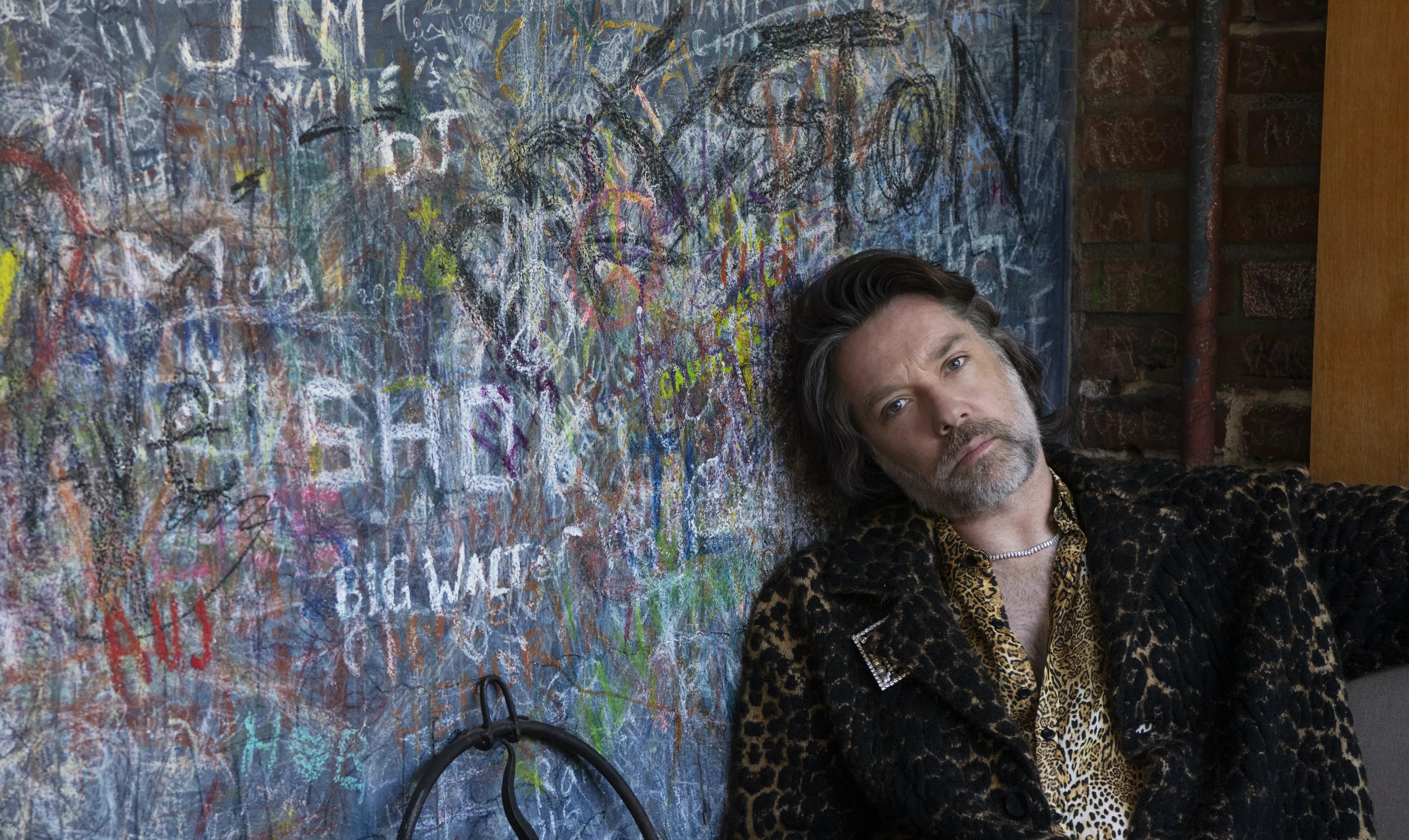
Miranda Penn Turin

Audio By Carbonatix
Want One is the album that should have made Rufus Wainwright a superstar.
As it happened, the Canadian-American singer-songwriter merely had to settle for critical praise (including from a couple fellas named Elton John and David Bowie), a passionate fan base that’s only grown in size and ardor over the ensuing decades, and a stunning album that feels as bold and wise and surprising now as it did upon its release.
The scion of folk music royalty Loudon Wainwright and Kate McGarrigle, Wainwright burst onto the scene in full, a precocious flower, only five years before Want One‘s release. His career is that rarity in music, beginning with a self-titled debut in 1998 many artists would likely kill to have as their peak.
Poses, his 2001 sophomore LP, was darker and weirder and more compelling than Rufus Wainwright, which had plenty of those qualities itself.
His astonishing singing voice – a sumptuous tenor capable of leaping octaves and leaving listeners breathless – was matched only by his writing voice, deftly synthesizing myriad folk and pop and opera and classical (among many, many other) influences with wry humor to create something wholly fresh.
Yet, nothing on his first two records could really prepare anyone for the breadth, ambition and sheer ballsiness of Want One, which marked its 20th anniversary on Sept. 23.
Working with producer Marius de Vries – his third such collaborator in as many albums – Wainwright found a meticulous balance between outsized theatricality and painfully raw intimacy across Want One‘s 14 tracks.
Recorded in the aftermath of the Sept. 11 attacks and what he characterized in a pre-release interview in The New York Times as a period spent abusing sex and drugs like crystal meth in a “gay hell,” Wainwright initially conceived of Want as a double album, but ultimately split the project in two, releasing the more esoterically inclined Want Two the following year in 2004.
In less than an hour, Wainwright touches all the bases: yearning for love; fighting with his father; a world turned upside down by drug use; being a shoulder to cry on and getting lost in the haze of his own narcissism.
What is most striking upon revisiting the album is the profundity of Wainwright’s words: “If a person should ever like a person/How funny that would be/If a person should ever like me,” Wainwright sings on the trumpet-laced “Harvester of Hearts,” a lightly melancholy evisceration all the more heartbreaking for its clarity of self-pitying insight. Barely out of his 20s, Wainwright often sings – and seems – like a man much older than his years.
Despite the ground covered, Want One is a fleet masterwork, never becoming bogged down, thanks in part to Wainwright’s fiercely eclectic sensibility.
The only unifying thread is his exquisite voice – stylistically, Want One swings from Ravel-quoting bombast (opener, “I Don’t Know What It Is”) to sensual, multi-layered harmonies (“Vicious World”) to arena-rock bombast (the immaculate, six-minute epic “Go or Go Ahead”) to the quietly shattering familial drama of the album closer, “Dinner at Eight.”
In less than an hour, Wainwright touches all the bases: yearning for love; fighting with his father; a world turned upside down by drug use; being a shoulder to cry on and lost in the haze of his own narcissism.
Critics generally applauded what Wainwright was trying to accomplish with Want One. Pitchfork wrote in a contemporary review that Wainwright was “a Renaissance man in modern application, Wainwright’s grand scope here covers a great deal of space,” while The AV Club wondered, “Is it possible to make music too big for mere stereo speakers? Nearly every moment of … Want One begs that question by finding an expansive sound to match the singer-songwriter’s oversized emotions.”
Wainwright’s catalog continued to chart his artistic evolution, moving from the baroque pop of the Want albums and 2007’s Release the Stars into the avant-garde of 2010’s All Days Are Nights: Songs for Lulu and 2016’s Take All My Loves: 9 Shakespeare Sonnets.
In between, Wainwright broke from pop music entirely, writing a pair of operas (Prima Donna and Hadrian) before returning to the folk-rock fold with 2020’s finely wrought Unfollow the Rules and this year’s rollicking Folkocracy.
The now 50-year-old singer-songwriter, happily married for more than a decade to his husband Jorn Weisbrodt, and father to a young daughter, Viva, is enjoying a kind of domesticity and contentment that 20 years ago he desperately yearned for, but seemed unsure if he’d ever achieve.
He can still find his way back to those anguished moments – during a 2019 stop at the Majestic Theatre, Wainwright‘s renditions of Want-era tracks “Dinner at Eight” and “Vibrate” were staggering – but from the perspective of someone who’s lived through his lowest moments and emerged with the wisdom often granted those fortunate enough to survive their worst indulgences.
Two decades on, Want One stands as a towering work of art, one of the finest records of this still-young century and a magnificent example of a criminally underrated artist doing the sort of work many musicians never muster once in a career.
Having emerged from the harrowing fog of his late 20s with Want One in hand, even Wainwright himself, in his Times interview 20 years ago, seemed to know what he had. The grace of being able to put his formidable talents in service of expressing what lay within himself – that, more than the glare of the spotlight, seemed reward enough.
“This record really just flowed,” Wainwright said. “I took care of myself, and the music took care of itself. Something was very kind to me.”